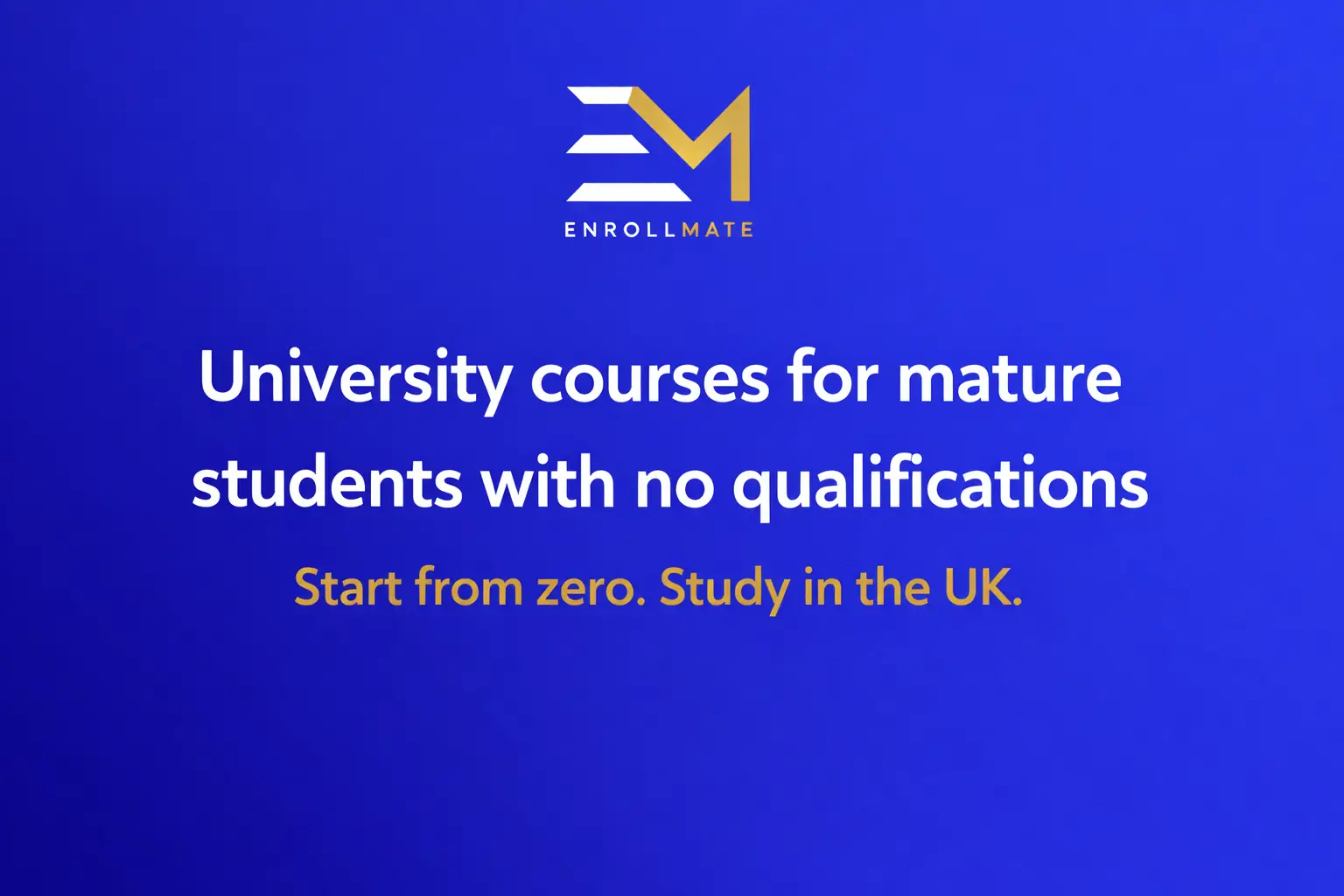6 differences between Further Education and Higher Education

Mihai Flueraru
March 18, 2025
When it comes to education, there’s no one-size-fits-all approach. Some people decide to go on to universities, while some may decide to jump straight into the job force.
It always takes a little time to see where you fit. A lot of people prefer to have some sort of training and education before they dive into their chosen careers.

You might’ve come across two terms related to this. Higher Education (HE) and Further Education (FE). Although they sound similar, they are actually very different. We’ve put together this article to help guide you through them. We’re going to discuss what they are, the difference between higher education and further education, and which one is right for you.
1. Level of Education
The main difference between higher education and further education is that both have different levels of study. Higher education is for those who want a degree, and further education is for those who want to continue studying without going to university.

To put it simply, higher education is more advanced. It refers to university-level education and includes qualifications like Bachelor’s degrees, Master’s degrees, and PhDs.
Further education points to any study after high school (GCSEs) that is not a university degree. This can include A-levels, BTECs, apprenticeships, and diplomas.
2. Qualifications offered
Similar to the level of education being different, the qualifications offered by these 2 are also different.
People choose further education if they want career-focused training, but if they want a degree, higher education is the right choice.

Higher education qualifications include bachelor’s degrees (BA, BSc, etc.). These are the most common university qualifications. As well as Master’s degrees and PhDs for those who continue studying after their first degree.
They also include foundation degrees, which are shorter courses that can lead to a full degree.
Further education qualifications include A-levels, which are academic courses needed for university. As well as apprenticeships, i.e., working while studying for a qualification.

They also include Business and Technology Education Council (BTECs), which are practical, career-based qualifications.
National Vocational Qualifications (NVQs) are also included in further education. Which is a work-based training for specific careers in England, Wales, and Northern Ireland. They are practical and work-based, designed to demonstrate competence in specific skills and knowledge required for a job.
3. Career Paths
Your specific career goals will help you decide if you should go for higher education or further education. Your career goals can help decide whether HE or FE is right for you.

Of course, if you are interested in a career that requires a degree, such as medicine or law. This will come under higher education. If you want to be a doctor, lawyer, engineer, teacher, or scientist, you will need to go to university.
On the other hand, if you are interested in a career in construction, hospitality, health and social care, or beauty, then further education may be the right option for you. These are all careers that need hands-on skills and training but do not require a degree.
4. Learning style
Let’s get personal for a second: we all have different learning styles, right? Well both further education and higher education differ massively when it comes to learning.

Higher education focuses on independent study. While the courses are all structured and lectures guide the learning, students are expected to manage their time and studies by themselves. So they have to do a lot of reading, research, and assignments on their own.
When it comes to further education, it’s more structured and hands-on. It’s a great choice for people who learn best by doing. The courses usually have smaller classes, more teacher support, and a focus on practical skills.

5. Age group
The average age group for both higher education (HE) and FE is different. He is mainly for students aged 18 and over. FE is for students aged 16 and over. Many students continue into FE after finishing their GCSEs at 16.
Bottom line is, if you’re 16-18 years old, you’ll most likely be in FE. If you’re 18+ and want a degree, then HE is your next step.

6. Cost
As you can imagine, the funding and cost for both these options are wildly different. Money can be an important factor when deciding which option is right for you, so let’s quickly take a look at the difference in cost for both HE and FE.
Higher education (HE) obviously costs more because university tuition fees are high. In the UK, tuition fees are reported to be up to £9,250 per year for most universities. For funding, you can apply for student loans to cover tuition and living costs.

If you are 16 to 18 years old, the government will usually pay for your FE courses. If you are an adult, there may be fees. It’s less than what you would have to pay for a degree, and financial support is available.
Which one is right for you?
Knowing the answer to this question is something only you can do.
But as a rule of thumb, before choosing, ask yourself, “What career do I want?” If your dream job requires a degree, go for Higher education. If not, Further education might be a better, faster, and cheaper option. You can explore the difference between the two more in-depth.
You can also do both. Some people even start with FE and then move to HE. For example, you can do a BTEC or apprenticeship first, then go to university later.

Conclusion
There’s no one right path. But we hope we’ve helped make your decision a bit easier and cleared up any confusion you might’ve had about the difference between higher education and further education.
At the end of the day, it’s all about what works best for you. Enrollmate is always here to help you out!











